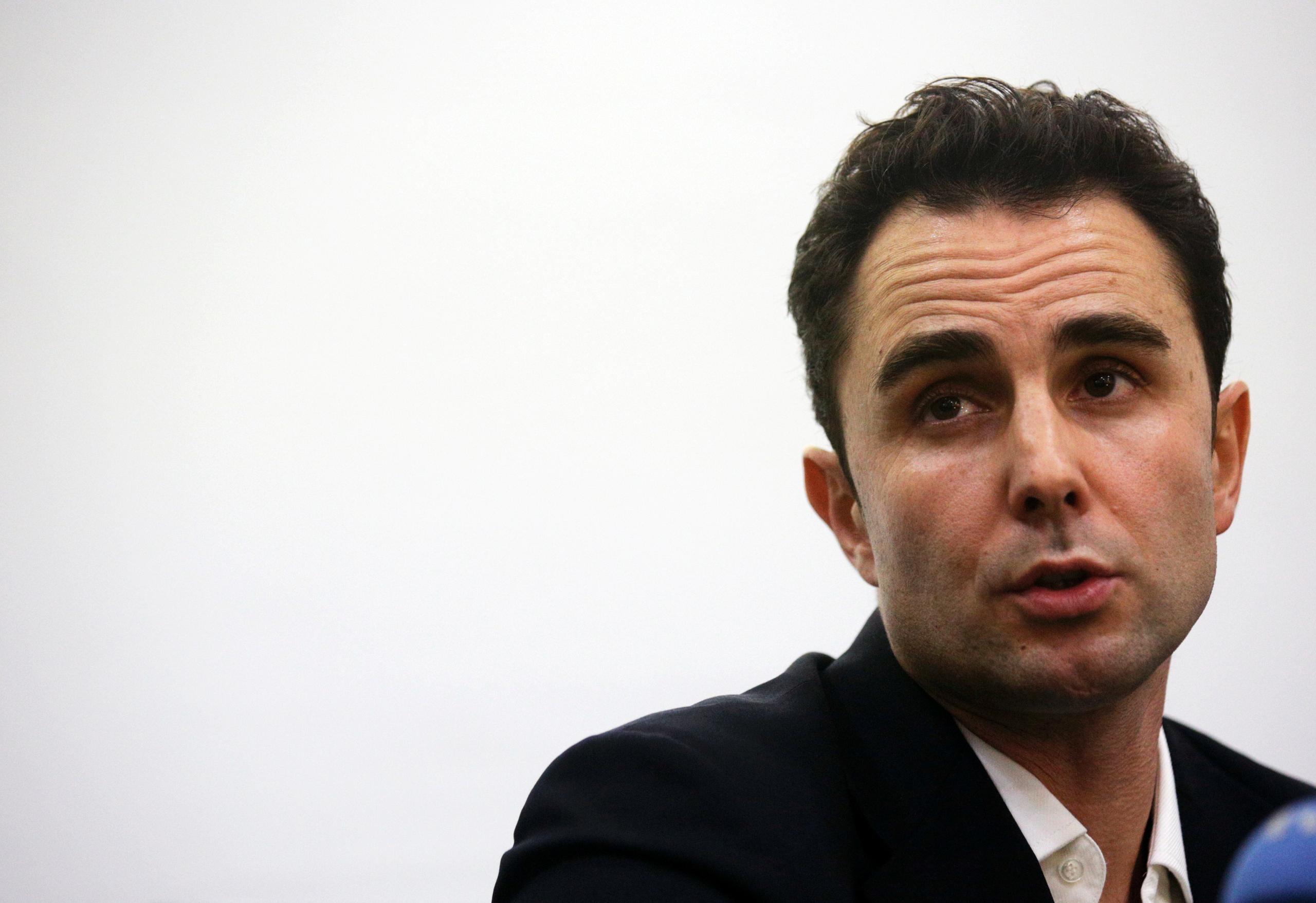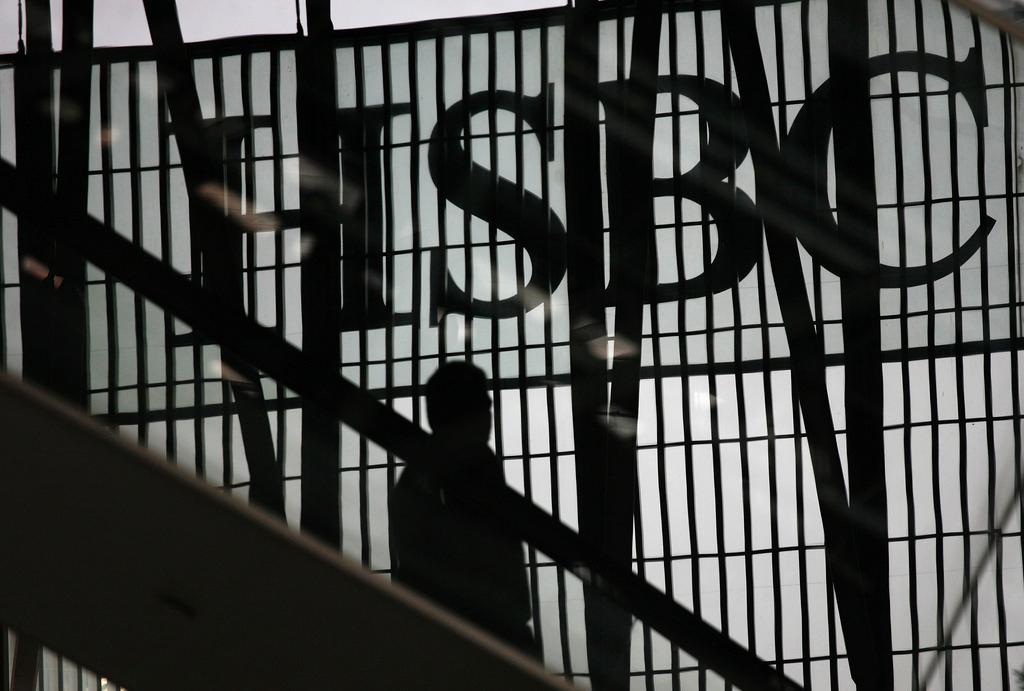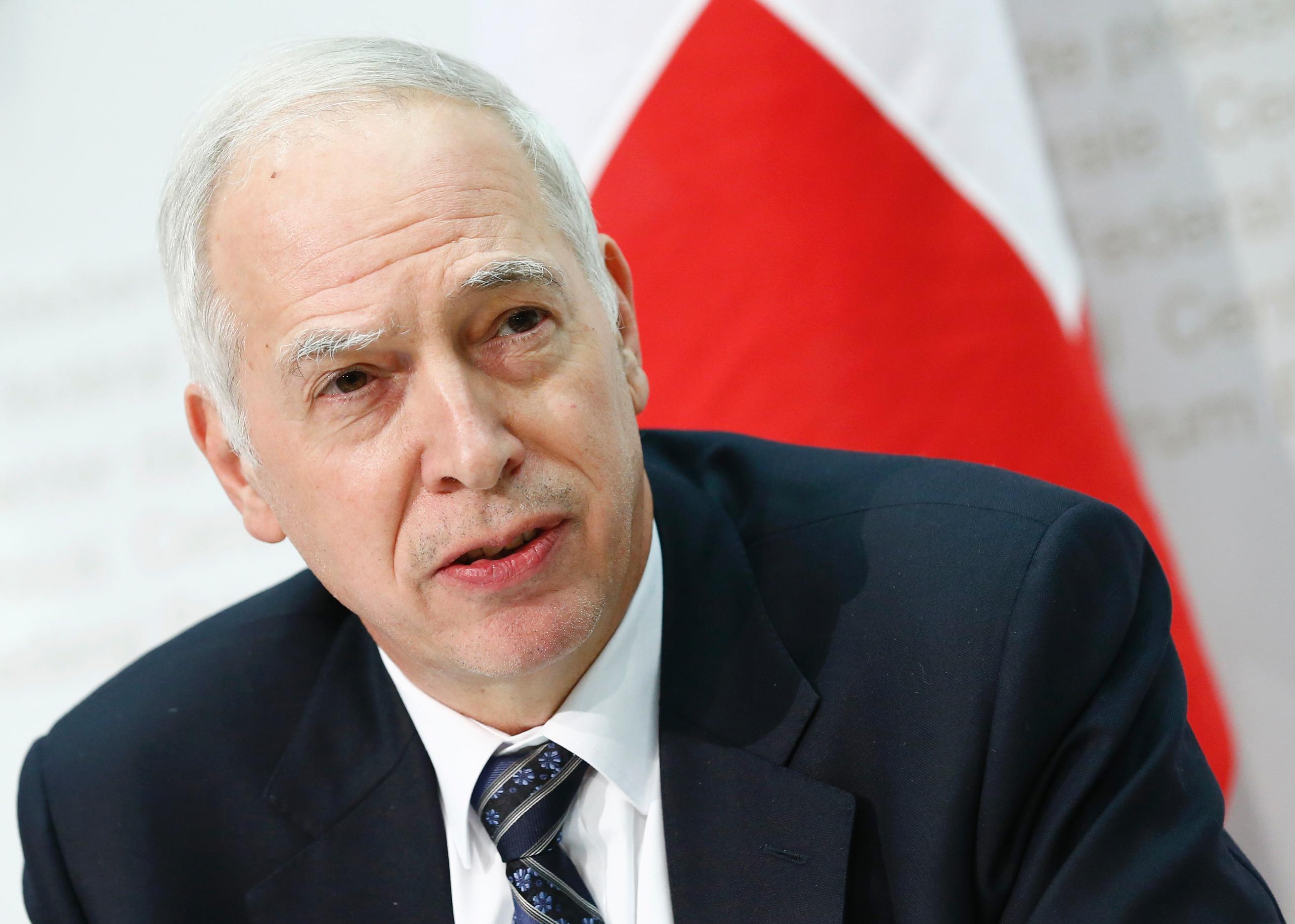HSBC and Falciani: How it happened

HSBC’s Swiss-based private banking unit is facing a welter of allegations that it helped tax cheats, blood diamond dealers and terrorist organisations hide their money from the authorities. swissinfo.ch charts the road to these reputation-busting revelations.
Besides lifting the lid on the alleged underbelly of Swiss banking, the case has reanimated the whistleblower-versus-greedy opportunist debate and led to diplomatic tensions between Switzerland and a number of other countries, including France, Spain and India.
Who is Hervé Falciani?
He is a former IT specialist at HSBC who took sensitive client data from the bank and brought it into the public domain. For many people, the jury is still out on what motivated Falciani: he claims that he is a socially responsible citizen who wanted to expose wrongdoings that were damaging societyExternal link; HSBC and the Swiss authorities say he is a criminal who only ever intended to line his own pockets at the expense of the bank and its clients.
What we do know about the 43-year-old Franco-Italian is that he was raised in Monaco, where he started his career at HSBC. He was then transferred to the bank’s Geneva branch in 2006.
In Falciani’s version of events he is part James Bond, and part disappointed idealist. What do you think? http://t.co/xV7knqa3OnExternal link #SwissLeaksExternal link
— ICIJ (@ICIJorg) February 9, 2015External linkAccording to an indictment from the Swiss Federal Prosecutor’s Office, in May 2008 Falciani attempted to sell HSBC data in Lebanon, together with a female accomplice (who was reported to be involved romantically with Falciani at the time).
When that failed, he offered the data to foreign governments. The files, containing details of 130,000 HSBC Switzerland clients, eventually ended up in the hands of the French government.
Former French Finance Minister Christine Lagarde, now head of the International Monetary Fund (IMF), then decided to pass on some information to a host of other countries. Greece, IndiaExternal link, Britain, Belgium and Argentina are among those states believed to have been handed the so-called ‘Lagarde List’.
How did Switzerland react?
Alerted by his attempted data sale in Lebanon, the Swiss police arrested Falciani in December 2008 and brought him in for questioning. But he fled Switzerland for France immediately upon being released.
Incensed by this getaway, the Swiss demanded legal assistance from the French authorities. Ironically, a police raid on Falciani’s French home led to the data getting into the hands of the French authoritiesExternal link. Switzerland remained empty-handed as France does not extradite its own citizens.
A later attempt by Switzerland to have Falciani extradited from Spain also proved fruitless. In December 2014, Falciani was eventually indictedExternal link in Switzerland, in absentia, on charges of industrial espionage and breaking banking secrecy laws.
What does this mean for HSBC?
The Swiss-based private banking arm of HSBC now faces a number of investigations and charges from various countries as a result of the data leak and subsequent distribution. The United States, ArgentinaExternal link, Belgium and France are among those countries who have accused the bank of wrongdoing.
The bank has admitted making mistakes, but insists that it has now changed its practices.
HSBC admits Swiss bank failings over client taxes http://t.co/9qDraLPC0UExternal link
— Reuters Business (@ReutersBiz) February 9, 2015External linkHow has Switzerland been affected?
The HSBC revelations from the International Consortium of Investigative JournalistsExternal link (ICIJ) represent just one in a long line of tax evasion scandals in the last few years.
UBS, Credit Suisse and the Swiss-based branch of Israel bank Leumi have all been fined by the United States. Banks Wegelin and Frey have simply collapsed under the weight of Department of Justice probes.
Several other banks are still under formal US investigation, including HSBC, while others have entered a non-prosecution scheme on the basis that they admit their wrongdoing.
The French authorities have also placed UBS and Bank Reyl under investigation. Switzerland has promised to reform its financial centre and introduce an automatic exchange of tax information system.
The HSBC affair has had other specific repercussions for Switzerland. It led to a diplomatic fallout with France and problems with India.
What next?
The ICIJ allegations have yet to be confirmed, but they have led to a flood of embarrassing international headlines for Switzerland.
Any concrete repercussions are pending the result of investigations from different countries into HSBC Switzerland and Falciani’s court case (which could be heard in his absence). The tussle between Switzerland and India over the use of HSBC stolen data to trigger Swiss administrative assistance in tax evasion complaints has also reached stalemate.

In compliance with the JTI standards
More: SWI swissinfo.ch certified by the Journalism Trust Initiative










You can find an overview of ongoing debates with our journalists here . Please join us!
If you want to start a conversation about a topic raised in this article or want to report factual errors, email us at english@swissinfo.ch.